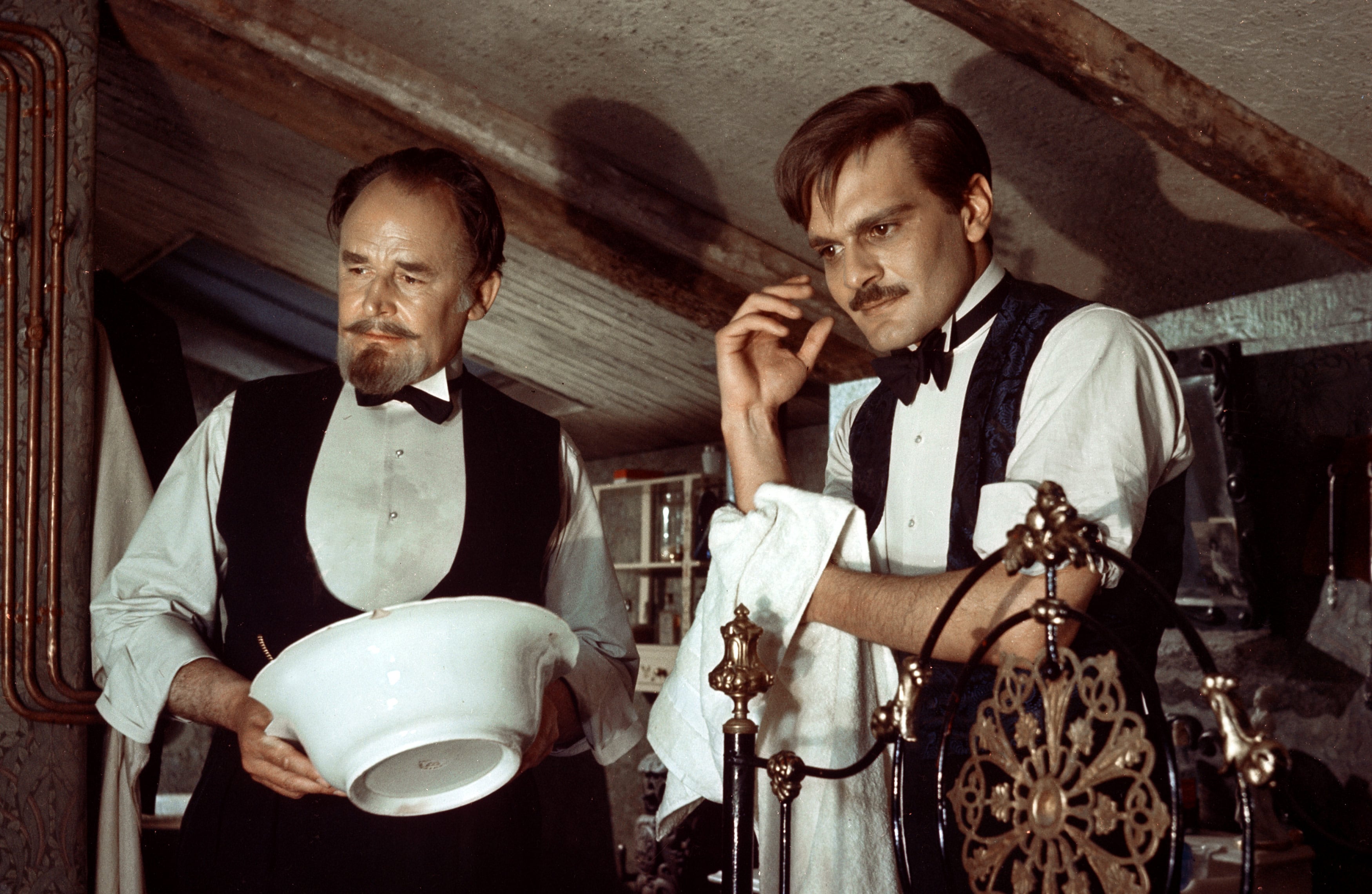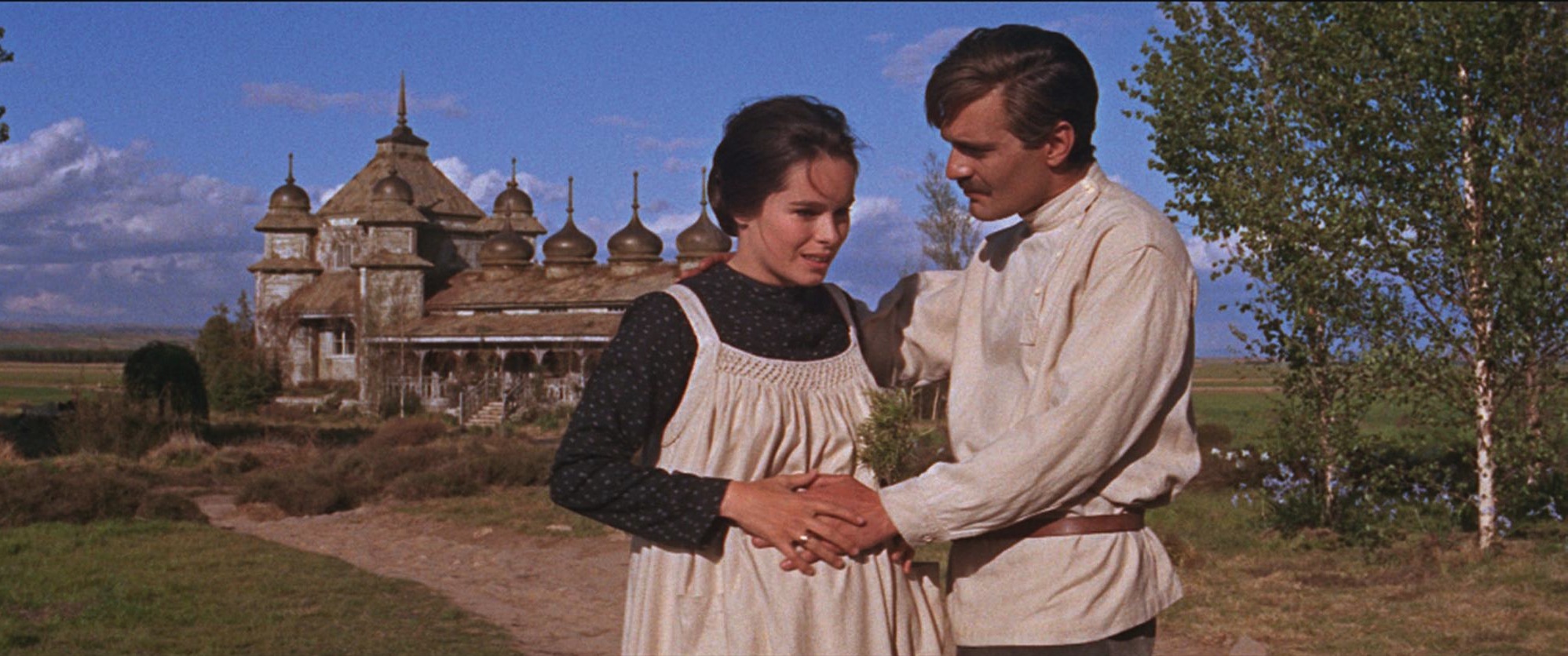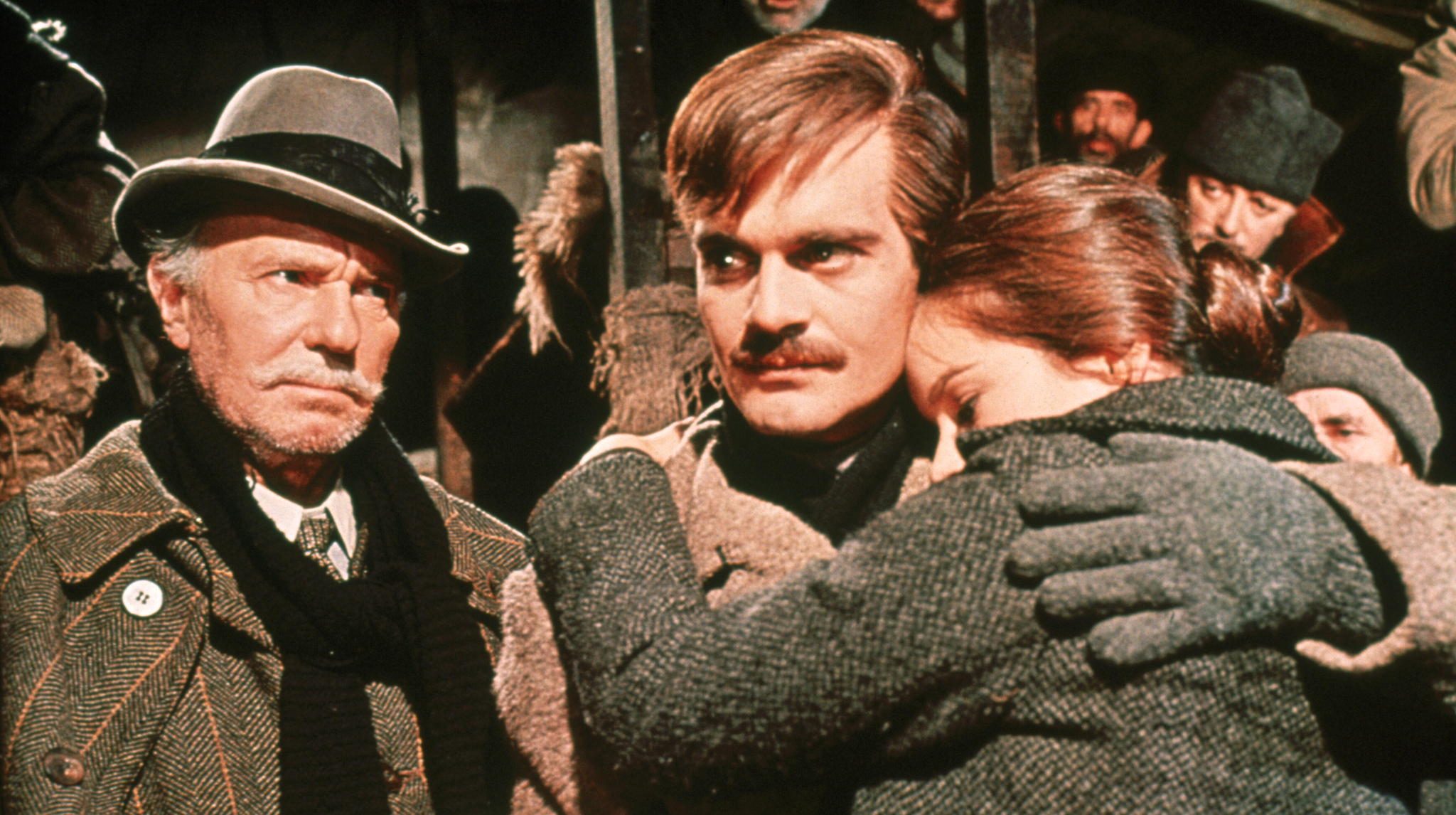‘Doctor Zhivago’ is a romance film that follows Yuri Zhivago and his love affair with his nurse, Lara Antipova. Told in two parts, the story narrates everything from the point of view of Dr. Zhivago, a married man who falls in love with Lara while serving as a medic during World War I. At the same time, Russia is going through a changing of the guard – with the Communist party coming into power – which forces the two lovers apart as they are caught up in the civil war in different parts of the country.
Directed by David Lean, the 1965 film stars Omar Sharif, Julie Christie, Geraldine Chaplin, Rod Steiger, Alec Guinness, and Tom Courtenay. A complex and intriguing romance set against the rise of Communism in the USSR, ‘Doctor Zhivago’ knows how to capture the imagination. Is there any true origin behind this turbulent love story? Look no further, as we have the answers for you!
Doctor Zhivago: Fictional Tale Adapted From Boris Pasternak’s Novel
No, Doctor Zhivago is not a true story. Written by Robert Bolt, the screenplay was adapted from the eponymous novel by Boris Pasternak, which was published in 1957. The novel, for which Pasternak received the Nobel Prize for Literature, was quite controversial in the USSR as it had anti-Communist sentiments weaved into it. When publication in the Soviet Union was declined, Pasternak smuggled the manuscript to Milan, where it finally saw the light of day.

While the story itself might be fictional, the inspiration behind it as well as the subsequent events surrounding it, are very much real. Boris Pasternak’s inspiration behind the novel was apparently his own love affair with a woman named Olga Ivinskaia, as told through the letters, manuscripts, and poems written by Pasternak that were discovered after Olga’s death in 1995. The two went through almost the same hardships and separation under the Soviet Union as their fictional counterparts in ‘Doctor Zhivago.’
Even more intriguing than this is the CIA’s involvement in the novel’s distribution. Published during the Cold War, the CIA saw ‘Doctor Zhivago’ as a propaganda tool to instigate dissent within the Soviet Union, thus crippling the Communist nation. To this end, they got a hold of the manuscript, published it, and then handed out copies to Russian citizens visiting the 1958 World’s Fair in Brussels. While the operation failed, the novel itself became quite popular in the USSR, as revealed in ‘The Zhivago Affair: The Kremlin, the CIA, and the Battle Over a Forbidden Book,’ by Peter Finn, national-security editor for The Washington Post, and writer and translator Petra Couvée.
With such an emotionally charged tale behind the novel, it is no wonder that the film adaptation is just as acclaimed. “Making movies is a kind of falling in love,” director David Lean told The Atlantic. “It’s almost entirely emotional. For instance, when I read ‘Zhivago’ my common sense told me that it was a terribly difficult thing to undertake, but I was so moved by the book that I thought all this must make a marvelous movie.”
Lean added, “I’ve done two films now with no women in them, and I like love stories very much. I found this a superb love story.” When asked about the process of adapting the story to the silver screen, the director continued, “In the case of ‘Zhivago,’ Robert [Bolt] and I spent a couple of months, ten weeks, doing an outline of the screenplay. We changed certain things from the book, you know, but at least we had a beginning, a middle, and an end. We knew what characters were going to be in, what scenes were going to be in, what was going to be cut which was more difficult still, and the points we were trying to make en route.”

He continued, “Then Robert started writing, and he wrote a complete script with dialogue. Then we started again, and went through that with revision after revision after revision until we were, both of us, I think, pleased.” Thus, though ‘Doctor Zhivago’ may be a romance, at its core, it is the struggle of two people against an oppressive system that makes it difficult for them to be together with each other. Though a fictional narrative, the film’s subtle criticisms of the social evils that plagued the Soviet Union present a harsh reality under Stalin’s rule and keep the story rooted in history.
Read More: Best Movies Based on Novels


You must be logged in to post a comment.